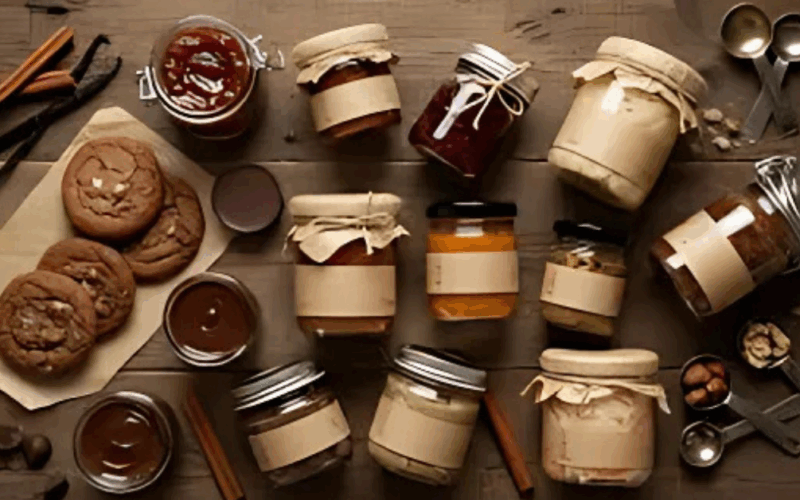Have you ever wondered if you can sell your delicious homemade treats in Austin, Texas? Many people enjoy cooking or baking at home and are curious if turning that passion into a small business is allowed. The answer depends on local laws known as cottage food laws, which regulate how homemade food can be sold without needing a commercial kitchen.
Understanding these laws is important to ensure that your homemade food business stays legal and safe. In Austin, TX, cottage food laws allow individuals to sell certain types of non-perishable homemade items, but there are rules to follow. Let’s explore what these laws are and how they affect anyone hoping to sell homemade food in Austin.
What Are Cottage Food Laws?
Cottage food laws are state and local regulations that allow individuals to prepare and sell some kinds of homemade food without a commercial kitchen license. These laws were created to help small food businesses get started from their homes safely and legally. They often limit the types of foods allowed and set rules for food safety and labeling.
In Texas, cottage food laws let people sell foods that do not need refrigeration, like baked goods, jams, and dry mixes. This helps protect customers from foodborne illnesses while supporting home-based entrepreneurs.
Is It Legal to Sell Homemade Food in Austin, TX?
Yes, it is legal to sell certain homemade foods in Austin under Texas’ cottage food laws, but you must follow specific rules. The Texas Department of State Health Services explains that cottage foods include items like breads, cookies, and candies that are not potentially hazardous.
Sellers must also register with the state’s Texas Cottage Food Law program. Selling certain foods without proper registration or selling restricted items can be illegal and result in fines or penalties. The law is designed to protect public health and ensure only safe foods are sold.
Which Foods Can You Sell Under Austin’s Cottage Food Law?
Texas allows you to sell a variety of homemade foods that are considered low risk. Some examples include:
- Baked goods like cookies, cakes, and muffins (without cream fillings or custards)
- Dry goods like granola, dry cookie mix, and popcorn
- Jams, jellies, and fruit butters made from properly processed fruits
- Candies such as fudge and brittle
However, items that require refrigeration or can spoil quickly—like meat, dairy products, and salsa—are not allowed under the cottage food law. Additionally, all products must be labeled clearly, including ingredients and a statement that they were made in a home kitchen.
How to Register Your Homemade Food Business in Austin
If you want to start selling homemade food legally in Austin, you need to register with the Texas Cottage Food Law program. This includes filling out an application and paying a small fee. Registration helps the state keep track of cottage food businesses and ensures sellers know the rules.
You do not usually need inspections for low-risk foods, but you must follow food safety guidelines and proper labeling. The registration process is simple, and many sellers find it helpful to protect themselves and their customers.
Important Tips for Selling Homemade Food Legally
Here are some key points to remember when selling homemade food in Austin:
- Only sell foods allowed under the cottage food law.
- Register your business with the state program.
- Label all products clearly with ingredients, your contact info, and a notice of home preparation.
- Do not sell your items through stores or restaurants—sales must be direct to customers, such as at farmers markets or online.
- Maintain excellent hygiene and food safety while preparing items.
Following these rules not only helps keep your business legal but also builds trust with your customers and keeps your homemade items safe and delicious.
Conclusion
Selling homemade food in Austin, TX is legal under the Texas cottage food laws as long as you follow the guidelines. By registering your business, selling allowed low-risk products, and following safety and labeling rules, you can turn your kitchen hobby into a small business. Be sure to check official sources like the Texas Department of State Health Services or the City of Austin website for the most up-to-date rules and registration details. Happy baking and selling!




